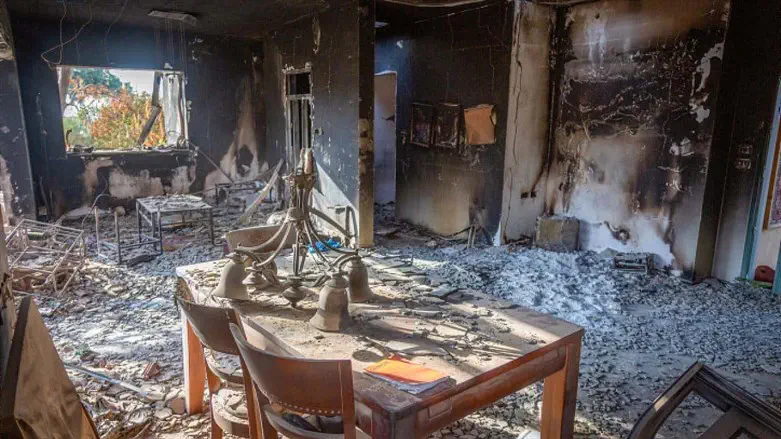
The Holocaust, an unparalleled atrocity, offers timeless lessons on the catastrophic outcomes of unbridled hate, systemic discrimination, and the perilous silence of the global community in the face of egregious human rights violations. This historical event compels us to scrutinize contemporary issues that echo the same disregard for human dignity and life, notably the acts of terrorism perpetrated by groups like Hamas. These acts not only destabilize regions but also challenge our collective moral compass, urging us to draw parallels, learn, and apply these lessons to prevent history’s darkest chapters from repeating.

Background and Main Reasons
The Holocaust, executed with chilling efficiency by the Nazi regime, resulted from a lethal mix of virulent anti-Semitism, racial purity ideology, and an authoritarian grip on power. It systematically obliterated six million Jewish lives, erasing entire communities and leaving an indelible scar on the human soul.
In a contemporary context, terrorism, exemplified by the barbaric actions of Hamas and similar groups, arises from a confluence of ideological or religious fanaticism and hatred, unresolved political conflicts, and perceived grievances. These motivations, while distinct in nature and scope from those driving the Holocaust, similarly result in the unjust suffering of innocents and the destabilization of societies.
Consequences and Future Implications
The Holocaust's immediate aftermath was the profound loss of life and the shattering of Jewish civilization in Europe, alongside the psychological and cultural wounds that persist across generations. Similarly, terrorism wreaks havoc by claiming innocent lives, sowing fear, and undermining societal cohesion. The enduring impact, however, extends far beyond the initial violence; it perpetuates cycles of hatred, revenge, and further violence, making the path to reconciliation and peace increasingly arduous.
Looking to the future, our ability to forge a world that learns from the Holocaust and effectively counters terrorism hinges on our commitment to vigilance against all forms of hatred and our collective action to uphold justice. The Holocaust imparts crucial lessons on the necessity of confronting bigotry head-on and safeguarding the vulnerable from persecution. Addressing the scourge of modern-day terrorism necessitates a holistic strategy that encompasses not only stringent security measures but also initiatives aimed at addressing the underlying causes of radicalization such as education to hate, and fostering intercommunal dialogue.
Outcome and Solutions
The desired outcomes of reflecting on the Holocaust and confronting terrorism are manifold: a peaceful, secure world where diversity is not merely tolerated but embraced, and where individuals can live free from fear. Achieving these outcomes demands educational programs that instill values of tolerance, empathy, and respect for human rights. It requires policy interventions that address the root causes of extremism, such as poverty, injustice, and political disenfranchisement. Moreover, it calls for robust international cooperation to dismantle terrorist networks while also investing in the recovery and resilience of affected communities.
Conclusions
The Holocaust serves as a somber reminder of the depths to which humanity can sink when hatred goes unchecked and the international community remains indifferent. As we face the challenge of terrorism today, the lessons from this dark period in history are unequivocal: indifference and inaction can have devastating consequences.
We are duty-bound to protect human rights and to commit ourselves to the prevention of future atrocities. By honoring the memory of the Holocaust's victims and by actively opposing terrorism and extremism in all its forms, we vow to create a legacy of peace, justice, and respect for the sanctity of human life for future generations. This commitment to learning from the past and acting decisively in the present is our best hope for a safer, more harmonious world.
Elham Sataki, former anchor of the Voice of America, is a distinguished journalist with more than two decades of expertise, specializing in international reporting, digital content production, and investigative journalism. She gratuated in sociology and psychology from Stockholm University in Sweden and possesses a deep knowledge of European history and American policy.